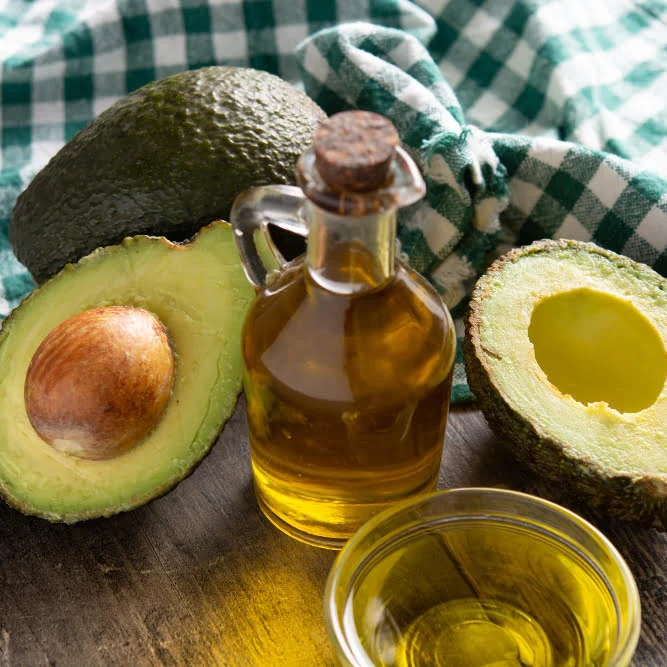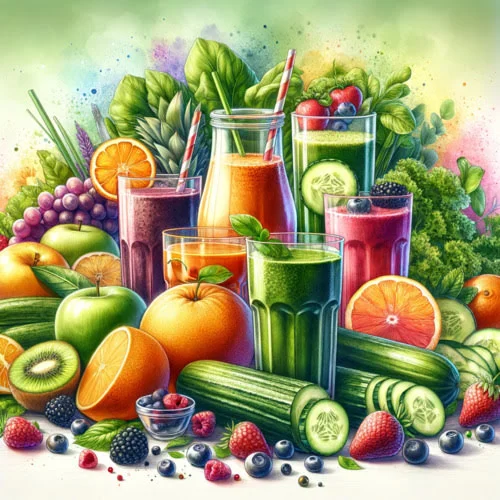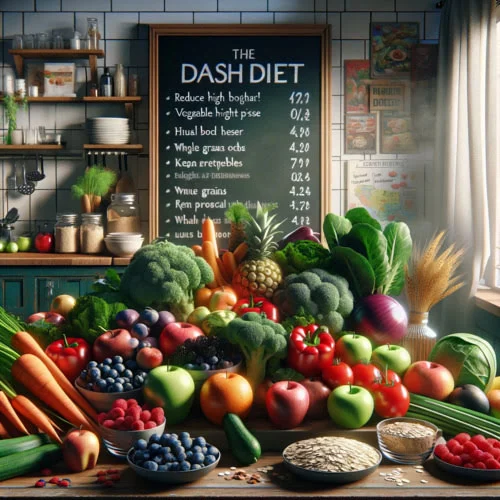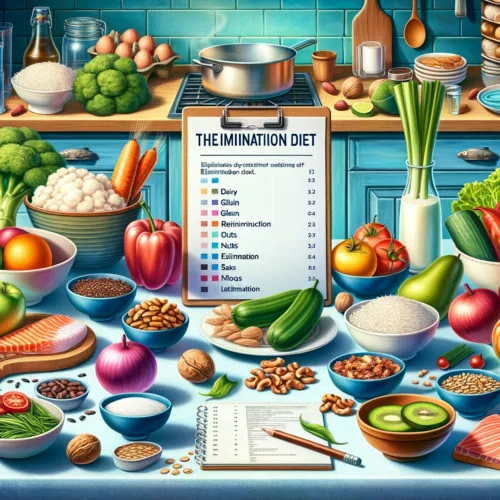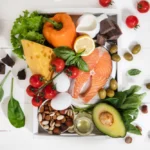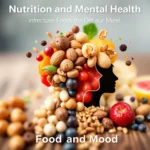The liver is one of the most important organs in our body, performing a number of vital functions including cleansing the blood of harmful substances, processing food and synthesizing important proteins. The health of the liver depends on many factors, including proper nutrition. In this article, we will look at the healthiest foods for the liver, such as seaweed, avocado, artichoke, ginger, flax and sesame seeds, kale, greens and olive oil. General nutritional guidelines and a list of foods to avoid for liver abnormalities will also be provided. This will help you optimize your diet and maintain the health of this important organ.
Useful foods for the liver
Proper nutrition is one of the key aspects of maintaining liver health. Here are the healthiest foods for the liver that help optimize your diet to maintain the health of this important organ:
Seaweed
Seaweeds such as spirulina and chlorella contain many nutrients that are good for the liver. They are rich in antioxidants, vitamins, minerals and fiber. Seaweeds help to improve liver cleansing, provide liver repair and protection from harmful influences. Include seaweed in your diet as a supplement or add it to salads and soups.
Avocado
Avocados contain healthy fats, antioxidants and vitamins that help reduce inflammation and support liver health. It also helps improve nutrient absorption and reduce the risk of fatty liver dystrophy. Incorporate avocados into your diet by adding them to salads, smoothies, or using them as a substitute for butter or cooking oil.
Artichoke
Artichoke contains substances that promote the production of bile and improve liver function. It helps to stimulate digestion, cleanse the body and improve metabolism. Artichoke can be prepared in various ways: boiled, baked, added to salads or used in the form of artichoke extract.
Ginger
Ginger has anti-inflammatory and antioxidant properties that are good for the liver. It helps improve digestion, reduce inflammation and protect the liver from damage. Add ginger to your diet by using it in tea, soups, marinades or adding it to dishes.
Flax and sesame seeds
Flax and sesame seeds contain many beneficial nutrients, including omega-3 fatty acids and antioxidants. They help reduce inflammation, improve metabolism and promote liver health. Add flax and sesame seeds to your diet by including them in salads, porridge, yogurt or using them in bread making.
Cabbage
Cabbage contains many phytochemical compounds and antioxidants that are good for the liver. It helps to improve the body’s cleansing processes, reduce inflammation and protect the liver from damage. Include different types of cabbage such as broccoli, cauliflower and Brussels sprouts in your diet.
Greens
Greens such as parsley, spinach, dill and basil contain many nutrients including vitamins and minerals that are good for the liver. It helps in improving digestion, cleansing the body and provides protection to the liver from damage. Add greens to your meals, salads, smoothies or use them to make green juices.
Olive oil
Olive oil is a healthy source of healthy fats that help reduce inflammation and support liver health. It is also rich in antioxidants and vitamin E. Use olive oil in your diet for salad dressing and cooking.
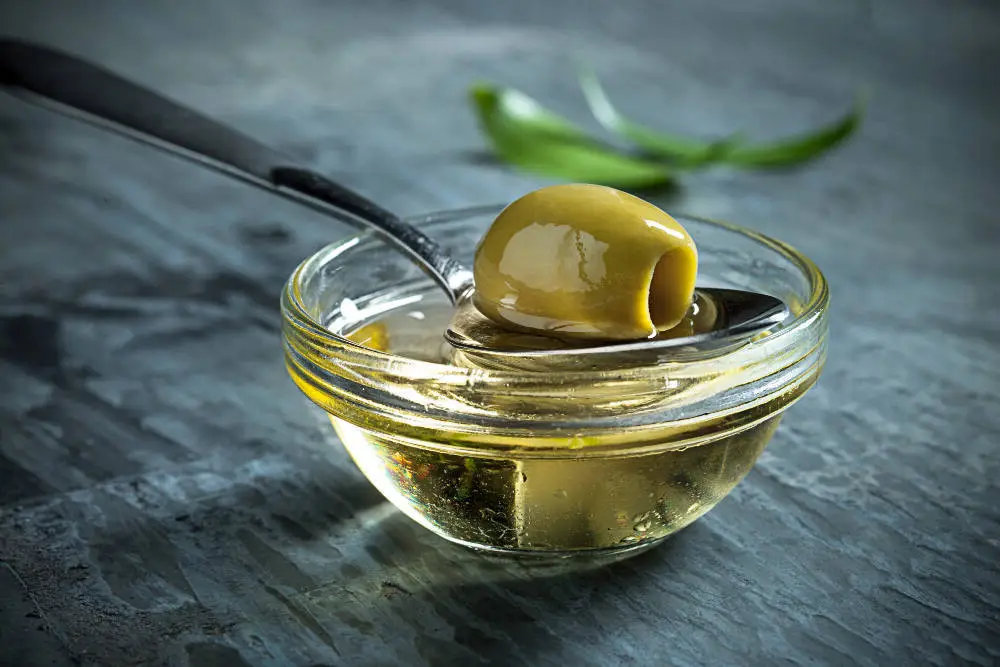

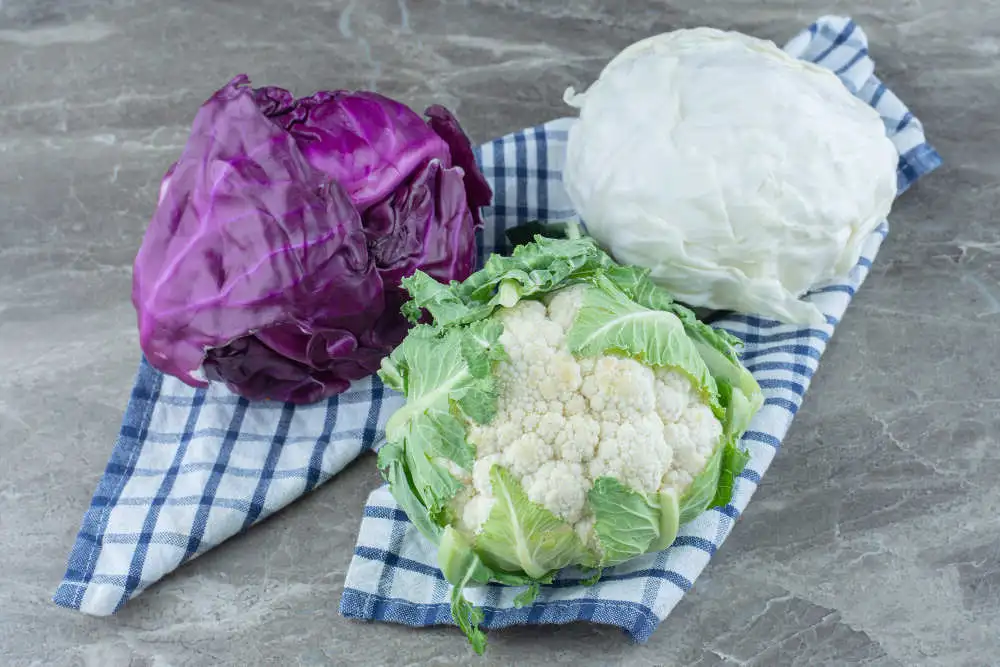
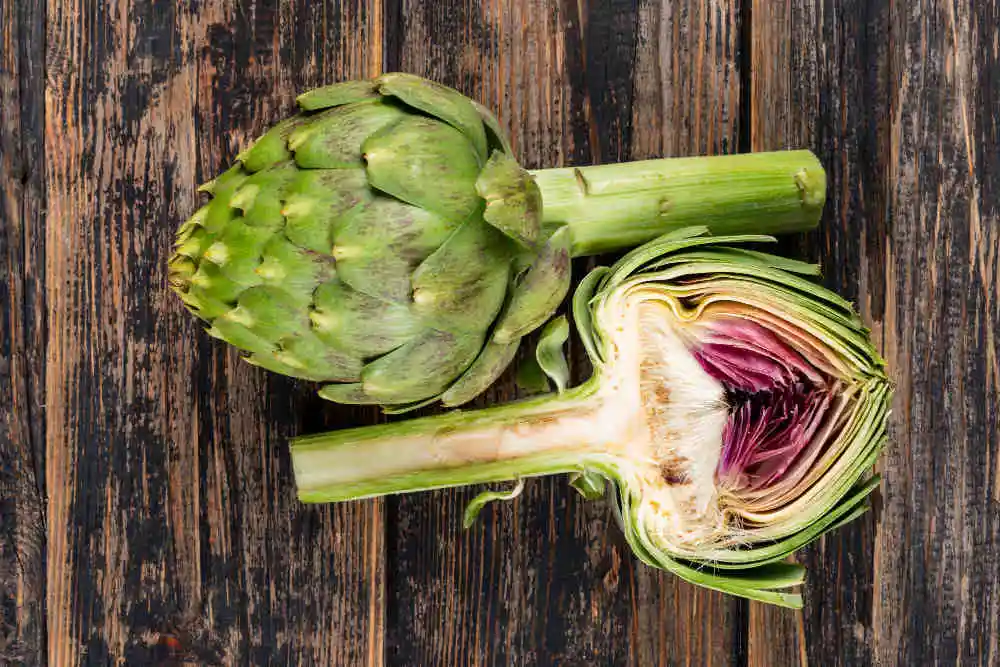
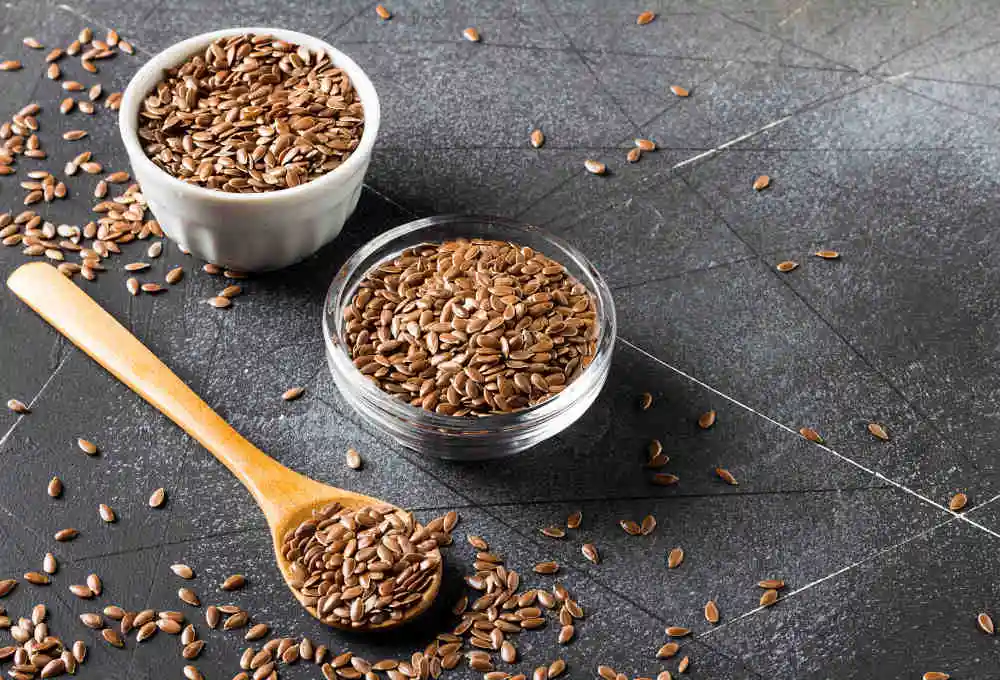
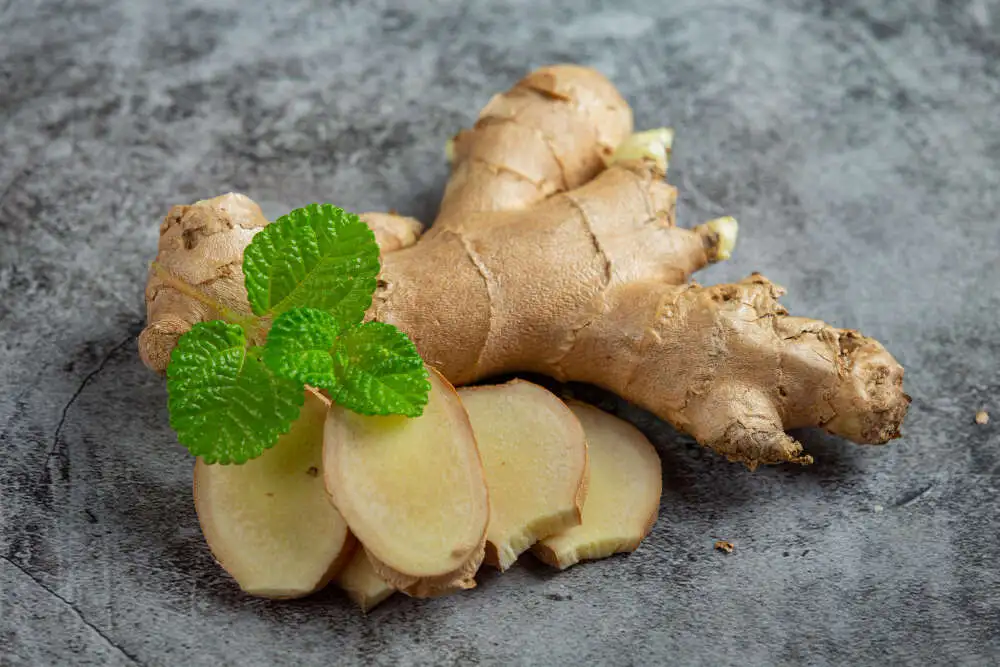
Foods harmful to the liver
There are foods that should be avoided or limited in liver abnormalities. Here are some of them:
– Fatty meat products, especially fried and grilled foods.
– Foods high in sugar and added sugars.
– Fast carbohydrates such as white bread, rolls, pastries and sweets.
– Salty foods and foods high in sodium.
– Alcoholic beverages, especially in large quantities.
– Carbonated drinks and sugary juices with high sugar content.
– Preservatives, colors and artificial additives in food products.
Nutrition in liver pathologies
With liver pathologies, it is recommended to follow certain nutritional principles. Here are some recommendations:
– Moderate protein intake, preferably plant-based proteins such as tofu, beans, leguminosos and nuts.
– Increasing your intake of fiber-rich foods such as vegetables, fruits and whole grains.
– Limiting consumption of animal fats and favoring healthy vegetable oils such as olive oil.
– Limiting salt intake and foods high in sodium.
– Refraining from drinking alcohol or eliminating it altogether.
– Increasing your intake of foods rich in antioxidants and vitamins such as fresh fruits, vegetables and herbs.
– Preference for home-cooked foods with minimal use of preservatives, colors and artificial additives.
– Moderate food portions and regular meals throughout the day.
Remember that before making significant changes to your diet, it is always better to consult your doctor and nutritionist, especially if you have pre-existing liver pathologies. Useful foods for the liver are an important component of a healthy lifestyle and maintaining the health of this organ.

